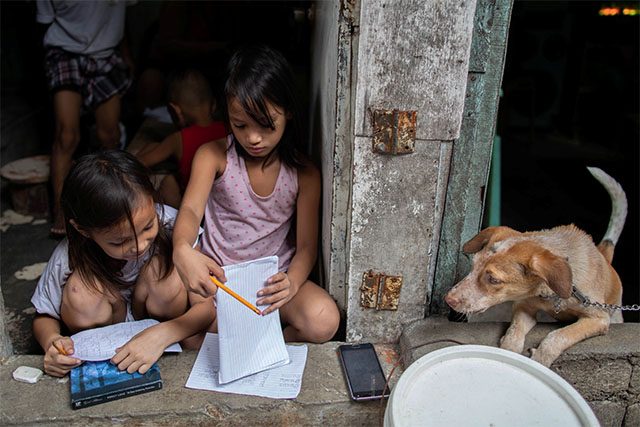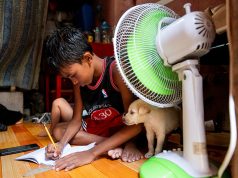
A civil society network for education reforms is calling on education duty bearers to make gender equality mainstream in the country’s learning system.
In a statement, E-Net Philippines cited the United Nations Sustainable Development Goal 5 in its call.
“Achieve gender equality and empower all women and girls. Empowering women and promoting gender equality is crucial to accelerating sustainable development. Ending all forms of discrimination against women and girls is not only a basic human right, but it also has a multiplier effect across all other development areas.”
The group also lamented the still prevalent gender issues in the country’s curriculum and other learning materials.
“In the Philippines, gender issues remain a practice of ‘tokenism’ in schools and improvements still need to be done to ensure safe and gender-fair learning environment,” it said.
“In terms of participation in basic education, girls and boys are given equal chances with almost the same percentage share. However, curriculum and learning materials that promote gender sensitiveness and fairness persist to be a challenge in the education system,” it added.
E-Net also addressed the increasing cases of teen pregnancies, early marriages and bullying of students who identified themselves as members of LGBT community.
“Raising awareness on gender equality in education among the school administrators, curriculum developers and writers, teaching and non-teaching personnel, parents and students, and involving them in identifying actions on how to realize it, are important steps in gender mainstreaming,” it said.
As Women’s Month closed last week, the network proposed ways on how the country’s education system could make reforms to become gender-responsive and gender-sensitive.
- Review and assess the curriculum towards gender-responsive education and develop gender-sensitive learning materials in terms of definition of concepts, interpretation of facts and events, meaning-making, usage of language and images/illustrations, and in employing activities.
- Integrate issues of social class, culture, ethnicity, age, and sexual orientation in training education stakeholders.
- Provide equal opportunity to all students regardless of gender in participating to school activities. Observe everyone’s right to gender-fair learning environment.
- Promote gender balance in educational opportunity that matches with needs of industry and agriculture and equality of professions in the labor markets.
- Develop policies that will encourage better balance of men and women in recruitment, teacher education, conditions of work or in the status of teaching as a career to be able to recruit new teachers or encourage other teachers to remain in the teaching profession.
- Address the human rights framework and gender content of teacher education from the pre-service and in the in-service professional development of teachers.
- Implement the Magna Carta for Public School Teachers (RA 4670) from a gender perspective.
Erroneous distance learning modules, especially materials that depict gender bias, had been in hot water since the start of the blended learning approach last year.
The Department of Education said last week that the agency will revisit and review these modules, particularly the ones being distributed in the provinces.









